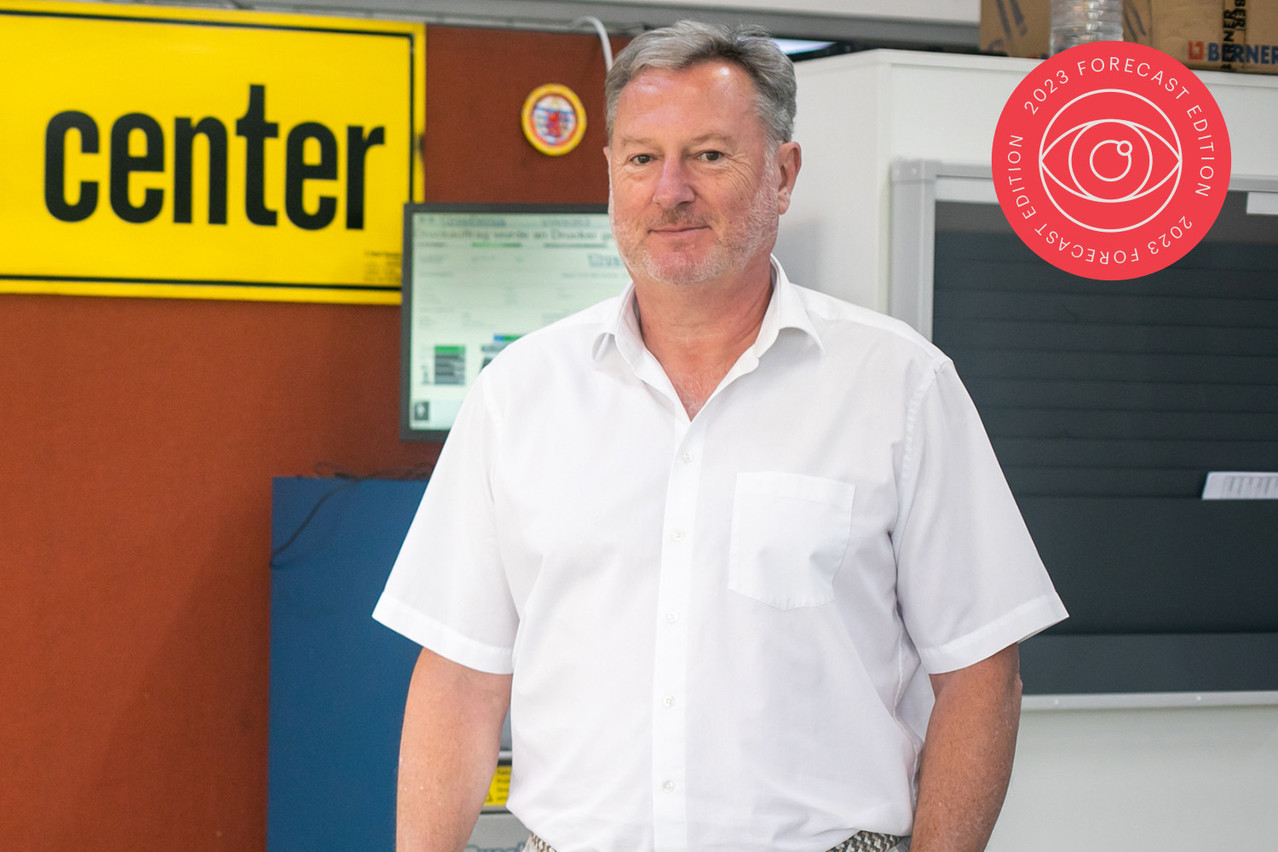The end of the health crisis has encouraged our fellow citizens to travel more with their personal vehicles. Thus, for example, since the beginning of 2022, sales of vignettes for Austria have increased by 52.7% compared to 2021 at ACL counters.
In addition, 49,000 of our members out of 195,000 used the services of the ACL in 2022, which is a quarter of our members. As in previous years, interventions for discharged 12V batteries are the most frequent. As the director of the ACL, , explains, “Our patrollers change 3,200 12V batteries per year, a figure that is constantly increasing. That's more than eight batteries every day. Punctures, for which our vehicles are fitted with universal spare wheels, come second. It doesn't matter if the vehicle is new or older, no one is immune."
Mobility of today and tomorrow
At the same time, the vehicle fleet is aging and the risk of breakdowns is increasing accordingly. The lack of new vehicles available on the market (due to the shortage of semiconductors) and the tendency to postpone purchases in a context of crisis and uncertainty are only accelerating the situation. For the first time, second-hand car registrations were higher (58.2%) than new car registrations (41.8%).
With a fleet made up of 10% electrified vehicles, of which only 2.7% are 100% electric (i.e., approximately 11,500 cars out of a fleet of 424,000), the objective of 49% electrified vehicles by 2030 seems difficult to attain. Today, diesel engines represent the majority of cars on the road. By replacing conventional diesel with HVO diesel (hydrotreated vegetable oil, a synthetic, paraffinic diesel, certified sustainable, made from sustainable vegetable oils, or from waste reprocessing), it is possible to immediately reduce CO2 emissions by up to 90%. However, it is overtaxed.
It is up to elected officials, one year before the legislative elections in Luxembourg, to consider without delay access to alternative energy sources to electricity, which we know will not be able to meet all mobility needs, especially for professionals.
